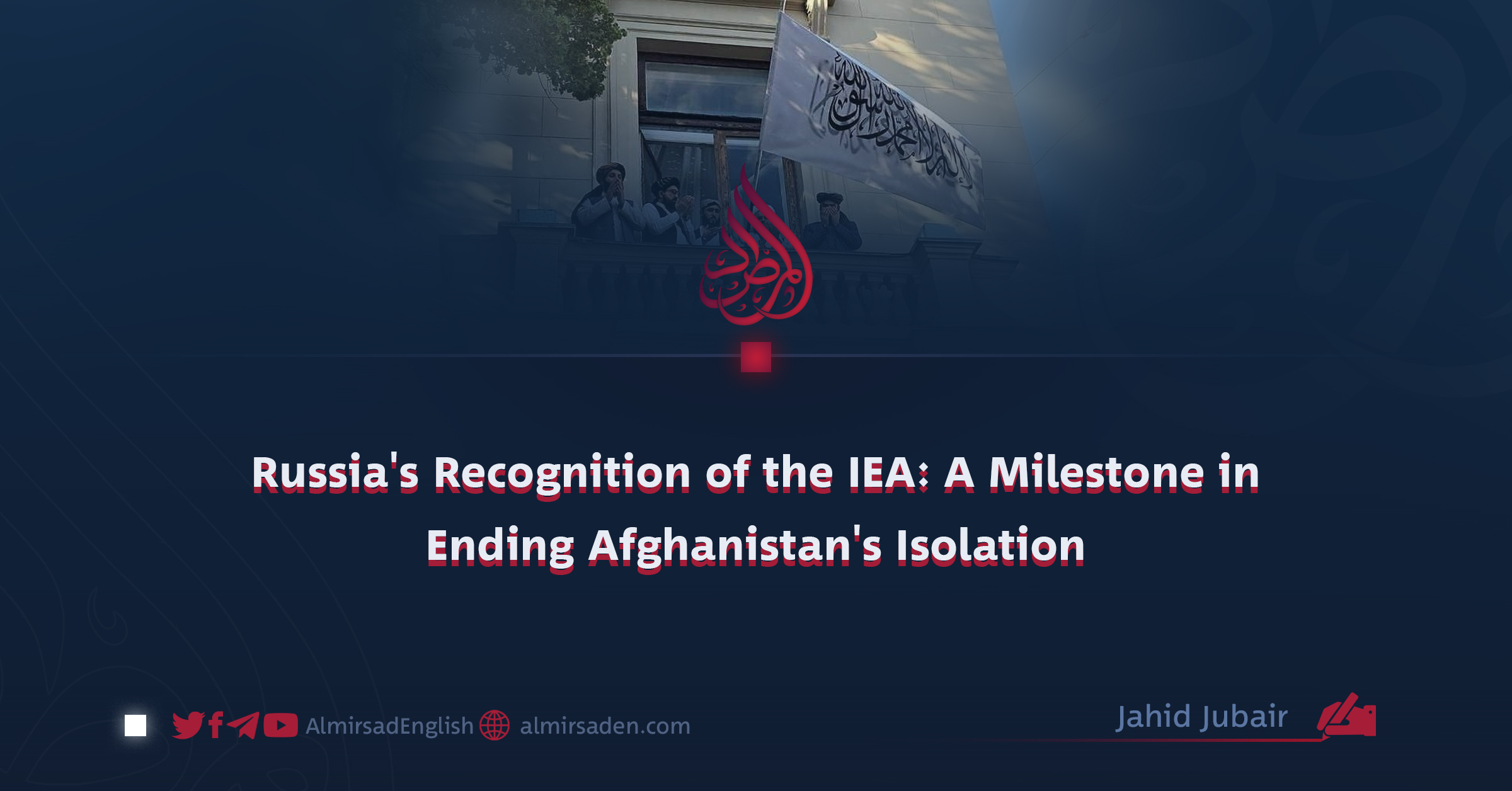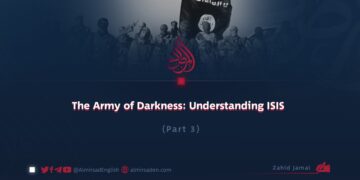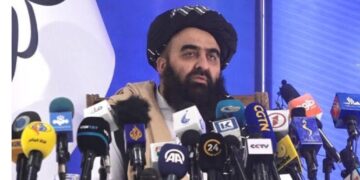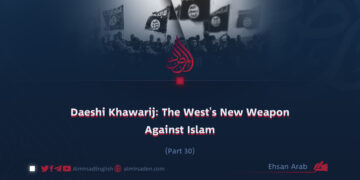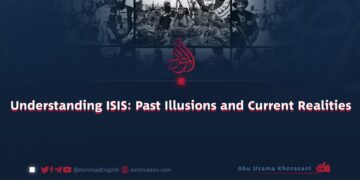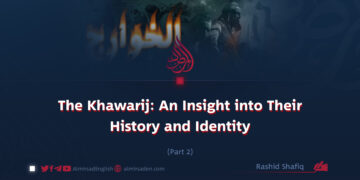Jahid Jubair
In a move of significant geopolitical and symbolic weight, Russia has officially recognized the Islamic Emirate of Afghanistan (IEA), marking a pivotal step toward ending the country’s international isolation. This historic decision is not only a demonstration of growing confidence in Afghanistan’s new leadership but also a transformative moment for peace and stability across the region.
The IEA, under its wise and capable leadership, has consistently demonstrated its ability to maintain order and enforce security across the country. The recognition extended by Russia is a clear affirmation of these efforts, a political acknowledgment grounded not in sentimentality or charity, but in strategic calculation and a sober assessment of the realities on the ground.
Indeed, this moment echoes a divine assurance, as promised in the Noble Qur’an:
“O you who have believed, if you support Allah, He will support you and plant firmly your feet” (Quran 47:7)
Can this not be seen as a clear manifestation of Allah’s promise fulfilled, even in this transient world?
Russia, as a major global power, has long played a vital role in Afghanistan’s political trajectory. With a clear understanding of both regional complexities and global dynamics, Moscow has positioned itself as a state seeking real solutions to international crises. Its decision to formally engage with the IEA underscores a growing recognition of Afghanistan’s evolving realities and the necessity of inclusive diplomacy.
The implications of this recognition extend far beyond bilateral symbolism. It lays the groundwork for expansive cooperation between the two nations, spanning the fields of economics, security, culture, and reconstruction. Moreover, Russia’s move sets a compelling precedent for other countries to reevaluate their stance toward Afghanistan and consider more constructive engagement. Rather than isolating Kabul, the international community now faces the opportunity to support a government that has made notable progress in stabilizing a long-fractured state.
Since assuming power, the IEA has focused intently on reducing violence, combating extremist and insurgent factions, and establishing a secure environment for its citizens. These achievements, while often underreported, have been instrumental in helping to reverse decades of chaos. Russia’s recognition is thus not just a political gesture, it is an acknowledgment of progress made under challenging conditions and a potential catalyst for increased international cooperation.
Furthermore, official recognition may be crucial in advancing Afghanistan’s reconstruction. Years of war have decimated the country’s infrastructure, but with international collaboration, made more feasible by Russia’s pioneering step, there is renewed hope for sustainable development, economic revival, and improved living conditions for the Afghan people.
In conclusion, Russia’s recognition of the IEA represents a profound diplomatic breakthrough and a major victory for Afghanistan. It signals the beginning of a new chapter, one in which the country is no longer treated as a pariah, but as a sovereign nation worthy of partnership and respect. As the global order adjusts to new realities, it is hoped that other nations will follow Russia’s example and adopt a more constructive, realistic, and cooperative approach to engaging with Afghanistan’s legitimate government. The doors to global reintegration are beginning to open, and with them, the promise of peace, prosperity, and dignity for the Afghan people.































